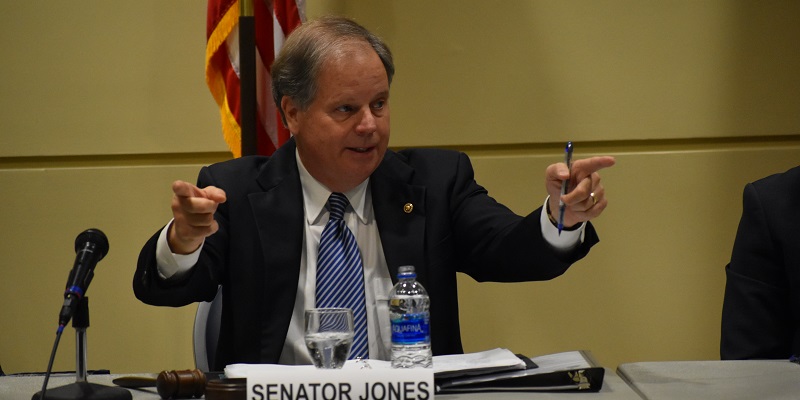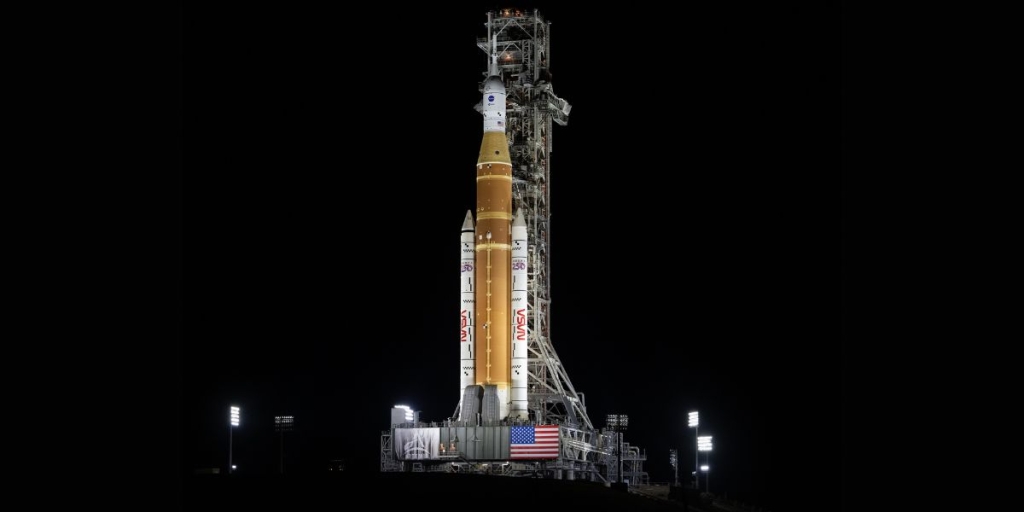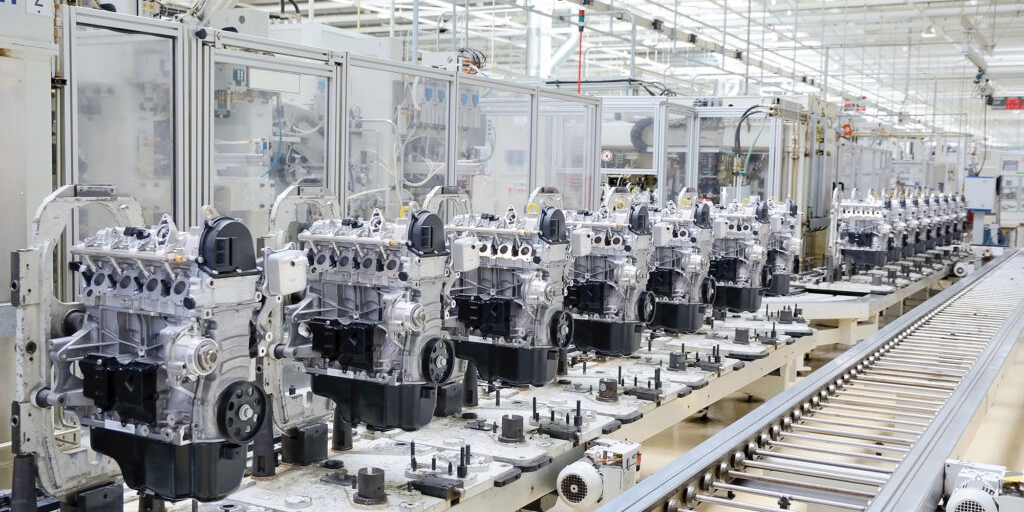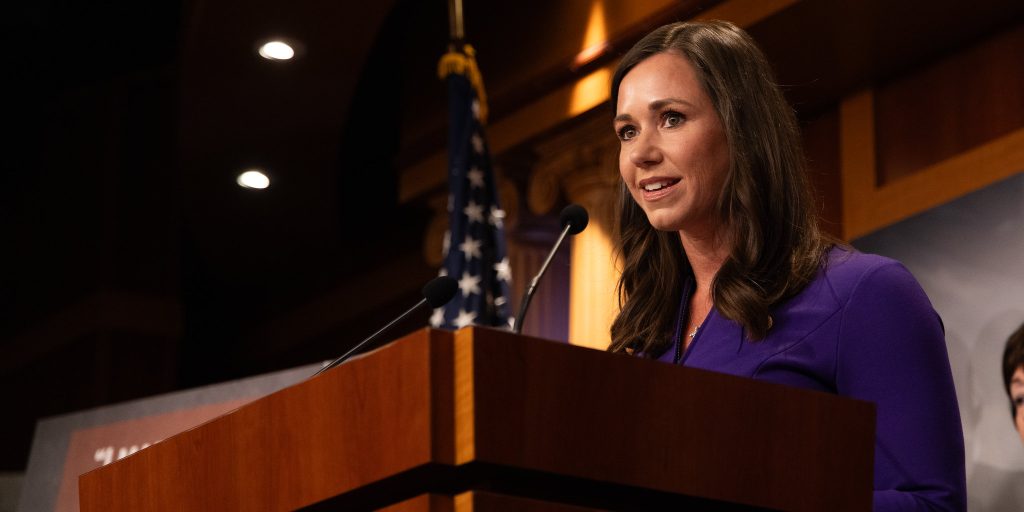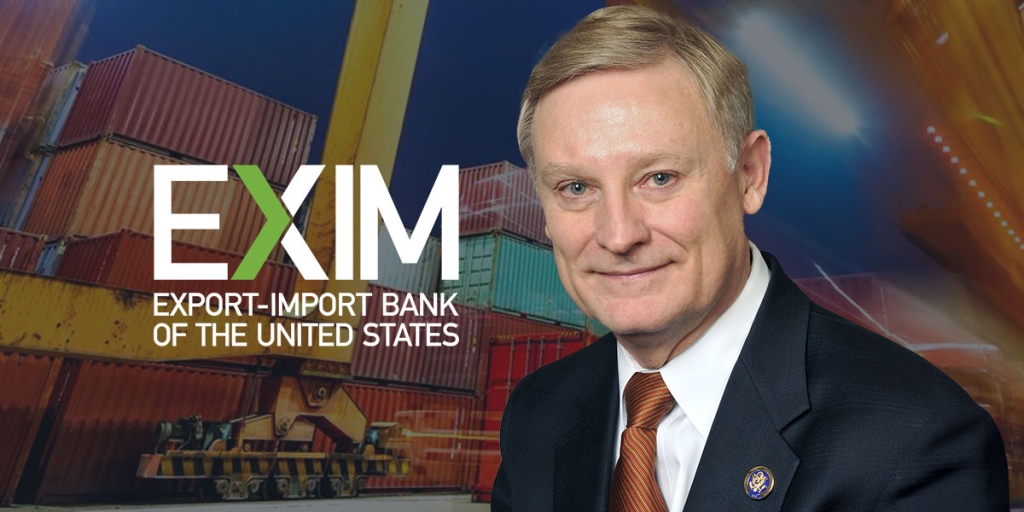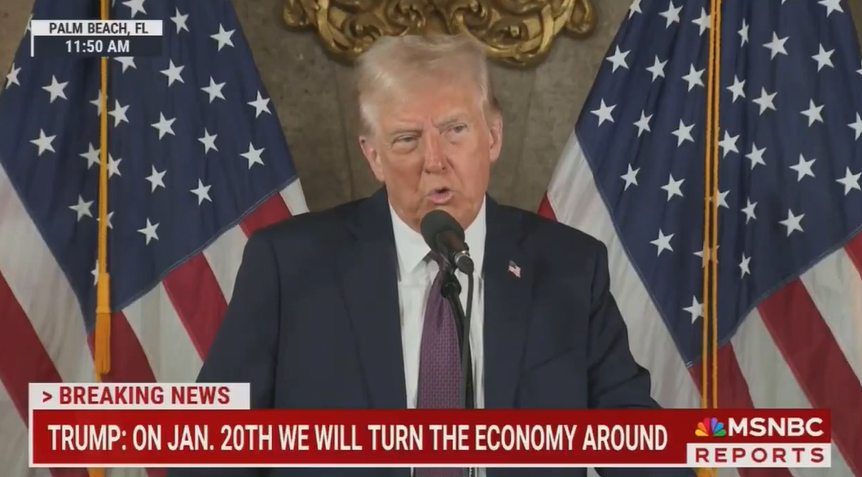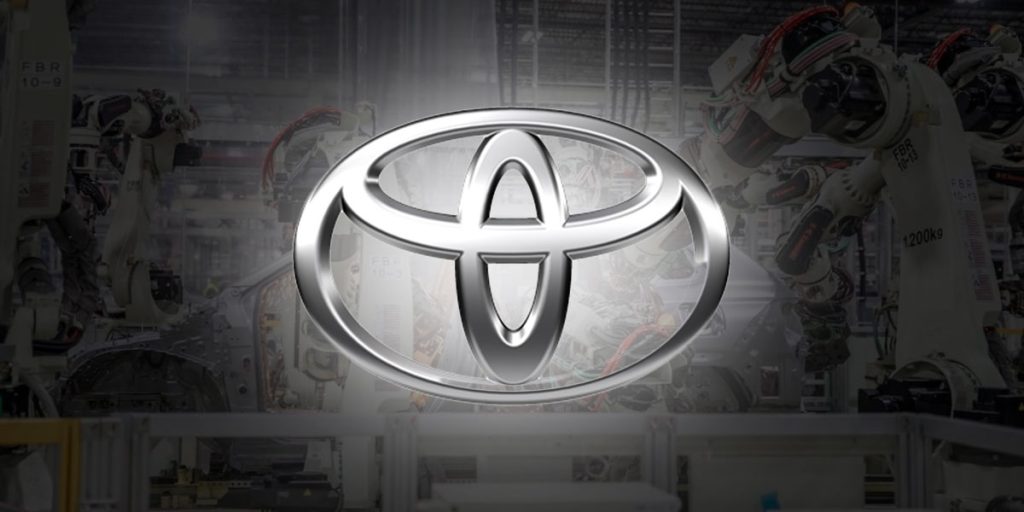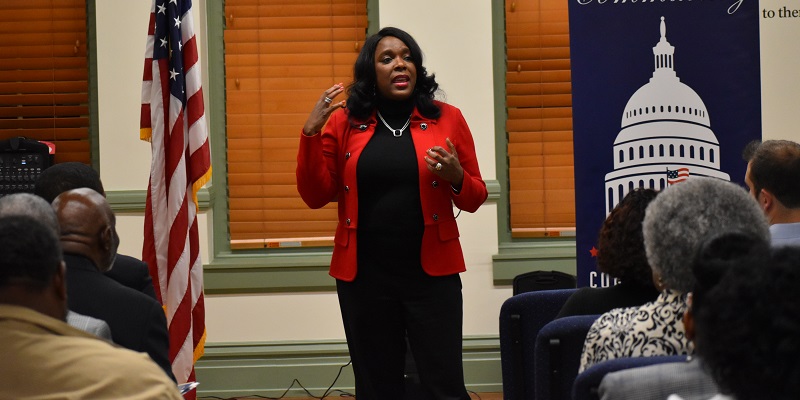MOBILE – Although President Donald Trump remains very popular in Alabama, his trade policies among the state’s business leaders appear to be mixed.
For the steel industry, which has been a fixture in Alabama for generations, the Trump administration’s handling of trade is a resounding success. Yet, for those in agriculture and auto manufacturing, there is much room for improvement.
That seemed to be the takeaway from a roundtable convened by Sen. Doug Jones (D-Mountain Brook) at the University of South Alabama on Monday.
The roundtable, an event sanctioned by the U.S. Senate under the body’s Homeland Security Committee, will be part of the permanent record of the Senate and that will be considered for legislation.
“I have a couple of bills pending involving automobile tariffs and national security tariffs,” Jones said. “So, it will be part of that record in the legislative history should those come to the floor or come to a vote.”
A statutory change under consideration according to Alabama’s junior senator regarding trade has to do with which cabinet department handles tariffs levied on a national security basis.
Jones says that could be best handled by the Department of Defense and not the Commerce Department.
“Under the national security threat, it bifurcates the process and moves the initial determination about national security – for instance, automobile – whether or not automobiles are a national security threat – that would move that to the Defense Department, who is better equipped to address national security concerns rather than the Commerce Department.”
Jones told Yellowhammer News the roundtable provided insights into how current trade policy directly impacted Alabama and influenced decision-making by business executives.
“It confirms what we’ve been saying – that the uncertainty of this policy is creating some problems,” Jones said to Yellowhammer News. “People are holding off. They’re not sure whether or not to expand their business, whether it is a small business or whether it is a big business. It shows there can be some serious consequences if certain tariffs are imposed. At the same time, it shows you where there can be successes – with the steel industry to stabilize markets.”
“One of the purposes of the hearing is to make sure the public is aware, people are aware,” he continued. “I think one of the takeaways that people will understand is that this policy and the retaliatory tariffs right now are having a devastating impact on farmers. We stand to lose a lot of overseas markets if this is not resolved. That’s the whole point of this. Let’s get it resolved one way or another, so we know where we stand. It’s gone on long enough.”
Jones elaborated on his personal views on trade when asked if a “free trade” or “fair trade” label could be applied to his views. He acknowledged there needed to be a balance of elements of free and fair trade. However, he also said his preference is trade alliances as opposed to trade wars.
“I don’t if you can really describe – I think fair trade is the most important aspect of that,” Jones said to Yellowhammer News. “There is always a strong element of free trade that’s included in that. You’ve got to balance trade with rogue countries like China has been over the years. And you got to make sure that countries that are subsidizing their trade do not have an unfair advantage because we want to protect our workers here in this country.”
“At the same time, we are much more of a global economy now and interconnected than we have ever been in the history of this earth,” he added. “And we got to recognize that – that what we can do, work together, is the way to try and manage this and help our country help other countries and help the global economy as well as our own. We want to make sure our workers are protected. We can do that better by forming alliances instead of doing trade wars.”
Monday’s roundtable participants included Hyundai Motor Manufacturing Alabama vice president Robert Burns, Mercedes-Benz U.S. International general counsel Rick Clementz, Honda Manufacturing of Alabama assistant division manager Allyson Edwards, Toyota Motor Manufacturing Alabama president David Fernandes, Aker Solutions project director Graham Jones, Baldwin County farmers Mark Kaiser and Daniel Perry, Nucor Steel Decatur vice president Mike Lee, Alabama State Port Authority Director & CEO Jimmy Lyons and Fairfield Works Tubular plant manager Brent Sansing.
@Jeff_Poor is a graduate of Auburn University and is the editor of Breitbart TV.




